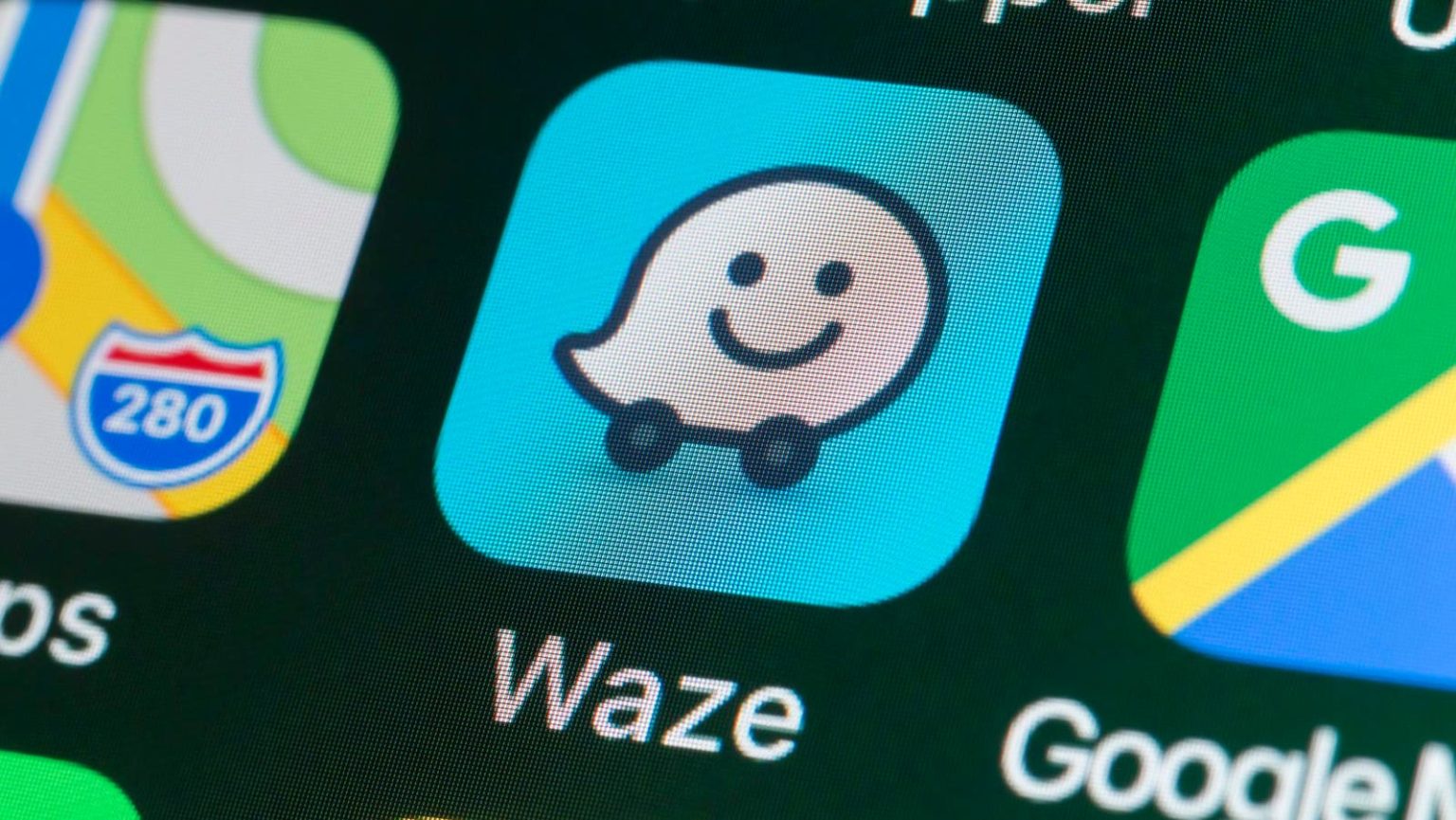Throughout the 11 years since Waze was acquired by Google, many misconceptions about the app have surfaced. One common myth is that Waze routes people to toll highways because the company gets paid by the toll highways. However, this is not true; the routes are determined based on real-time traffic data and user preferences.
Another misconception is that Apple was the first to make an offer to acquire Waze. In reality, there was no offer from Apple, and the two companies never had any discussions about an acquisition. Waze was actually developed as an intelligence app during the founder’s military service, not as a navigation tool.
There is also a belief that Waze saves the best routes for paying customers. However, this feature does not exist, and all users have access to the same routing options. Additionally, there is a myth that Waze will issue speeding tickets if you are driving over the limit. Waze is designed to help drivers navigate and does not track or report speeding violations.
Former Israeli president Shimon Peres did not record prompts for Waze; it was actually a good imitation done by someone else. Former president Reuven Rivlin and former California Governor Arnold Schwarzenegger did record prompts for the app. Changing your avatar to a yellow taxi on Waze does allow you to access routes that include public transportation lanes.
Waze also has several useful features, such as allowing access to your calendar to notify you when it is time to leave to arrive on time. However, it does not take into consideration parking time. Additionally, Waze has a crisis team that helps with natural disasters in various countries, such as assisting people in Porto Alegre, Brazil, navigate through floods. Overall, Waze continues to provide valuable navigation services and debunking these myths helps clarify its functionality for users.


